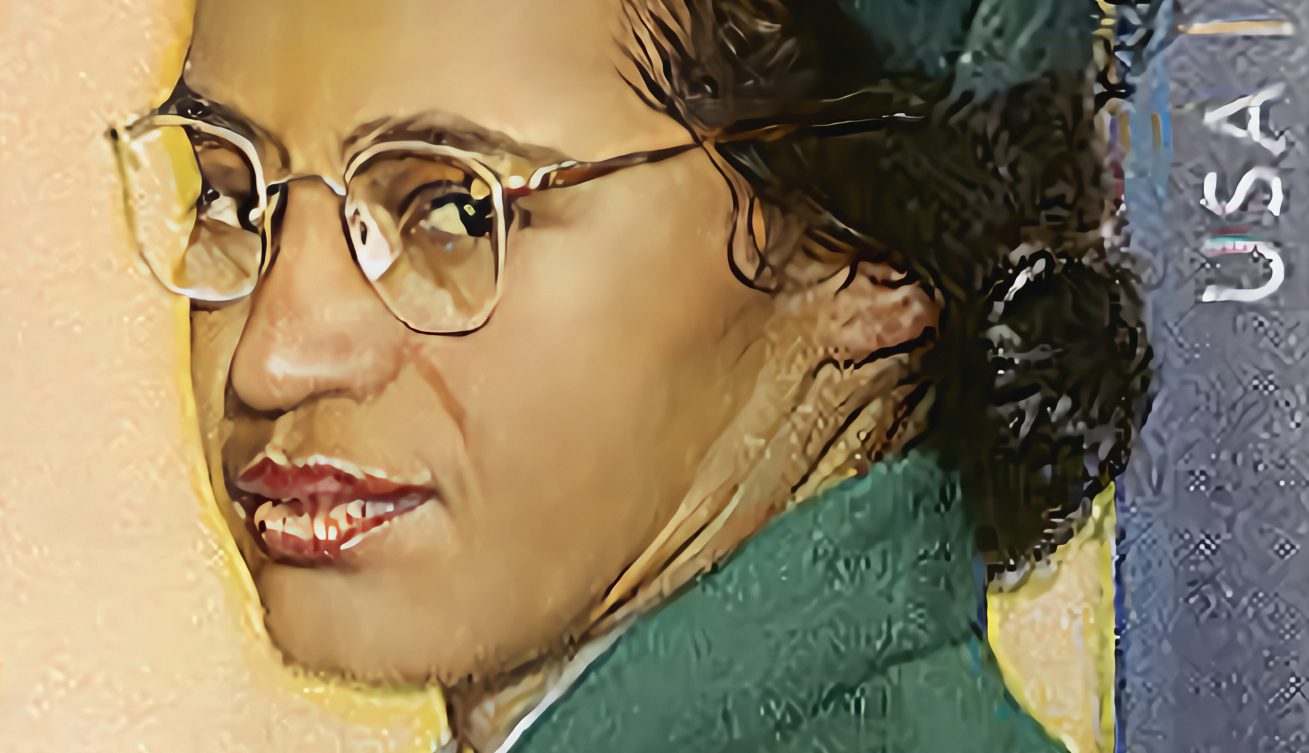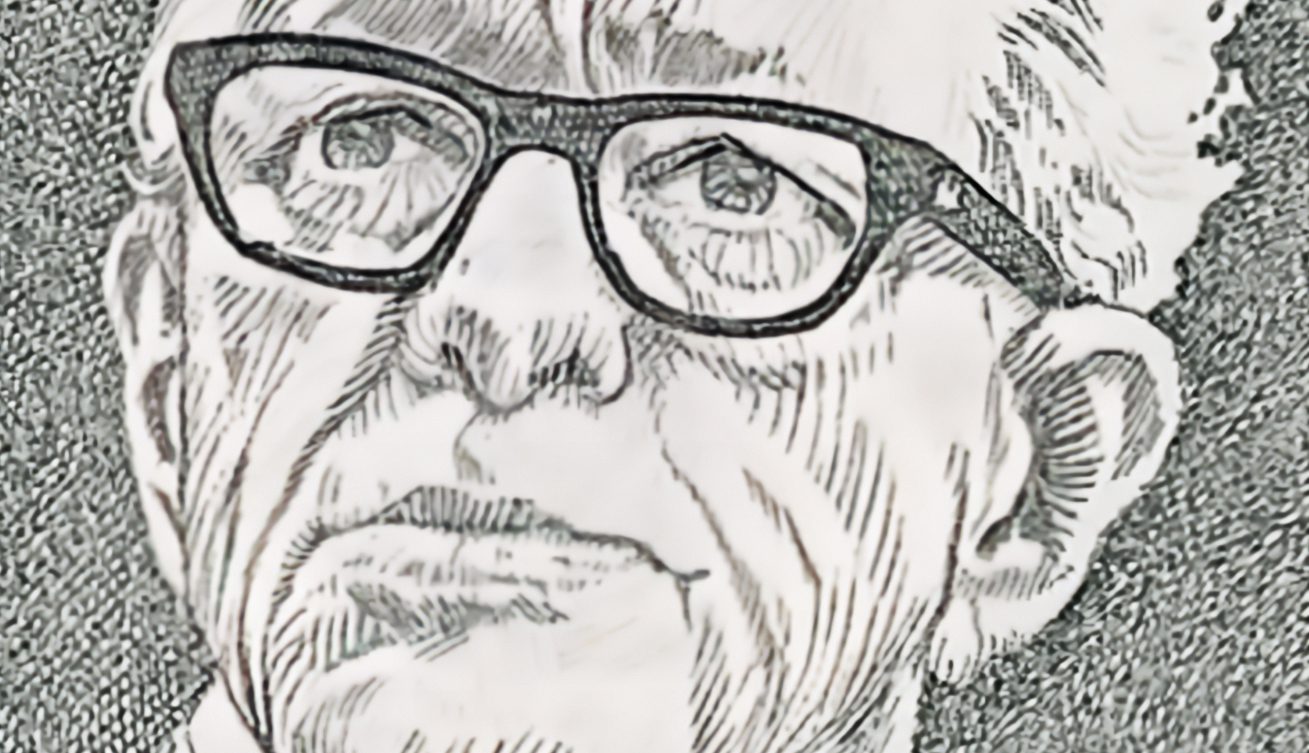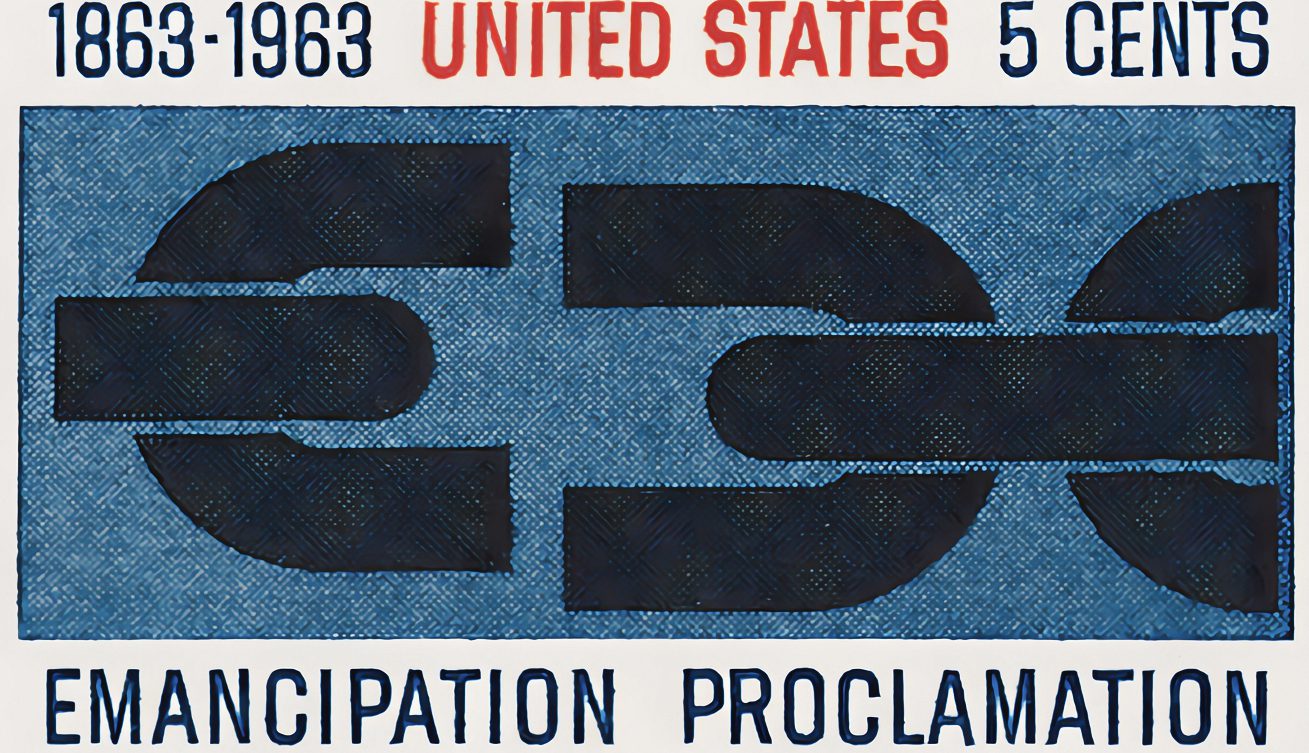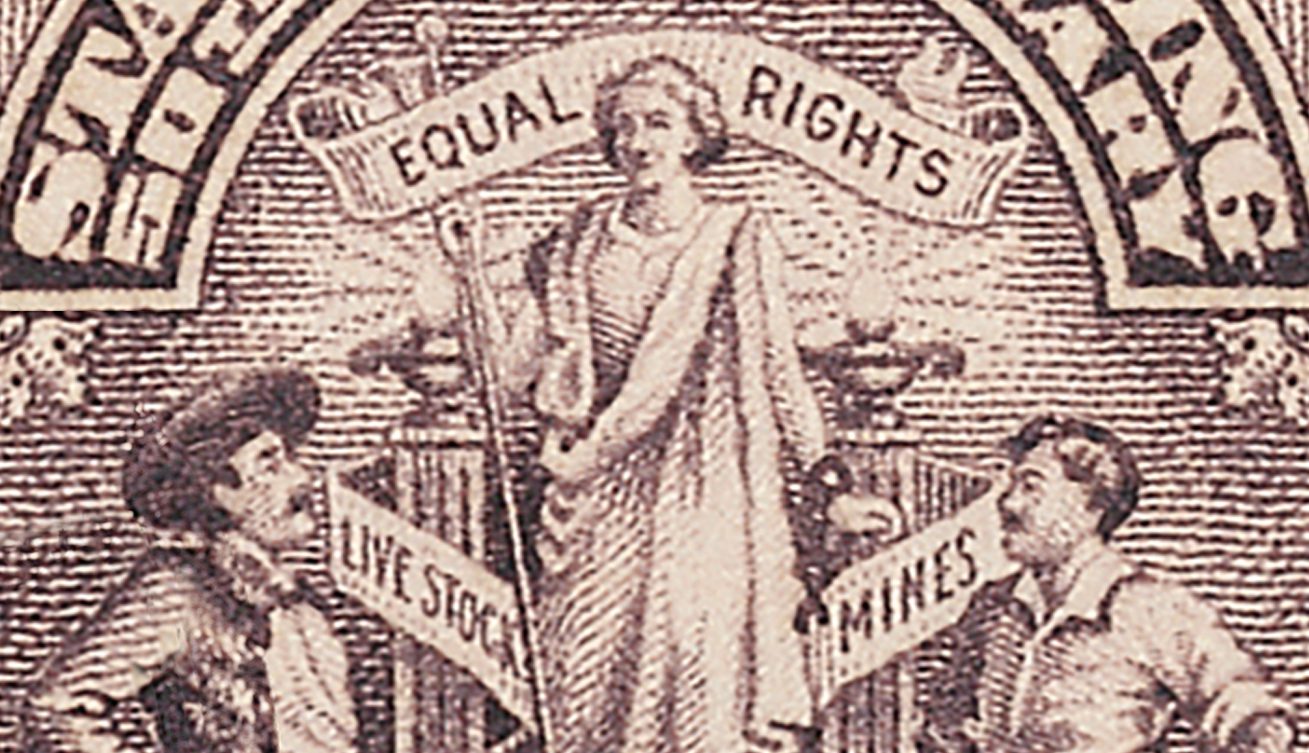Birth of Susan B. Anthony
Susan B. Anthony was born on February 15, 1820, in Adams, Massachusetts. Born into a Quaker family that believed deeply in equality and moral responsibility, she would grow into one of the most persistent and recognizable leaders of the fight for women’s voting rights in the United States.









